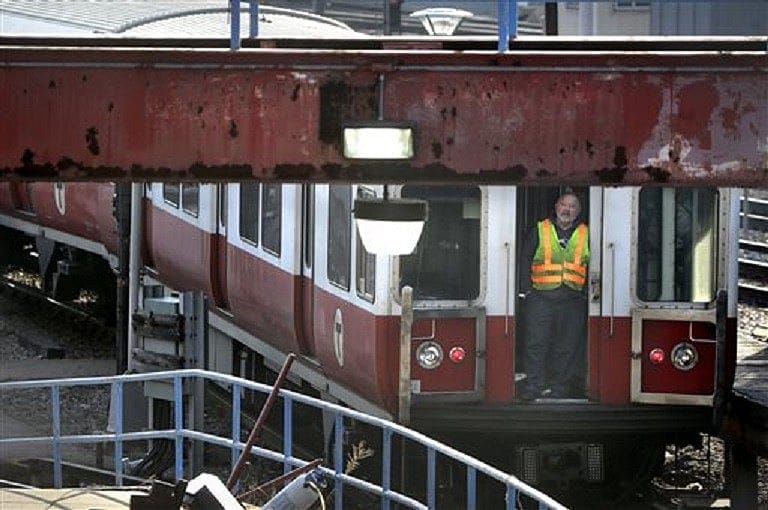T workers bank sick time to boost pensions, study says

BOSTON – Massachusetts Bay Transportation Authority workers are in line for more than $49 million in collective retirement pay simply because they stashed away unused sick days, according to an analysis from the Pioneer Institute in Boston.
Public records obtained by the policy research organization show that the T's staff piled up 380,155 unused sick days by the end of 2014. One employee had amassed 407 days.

